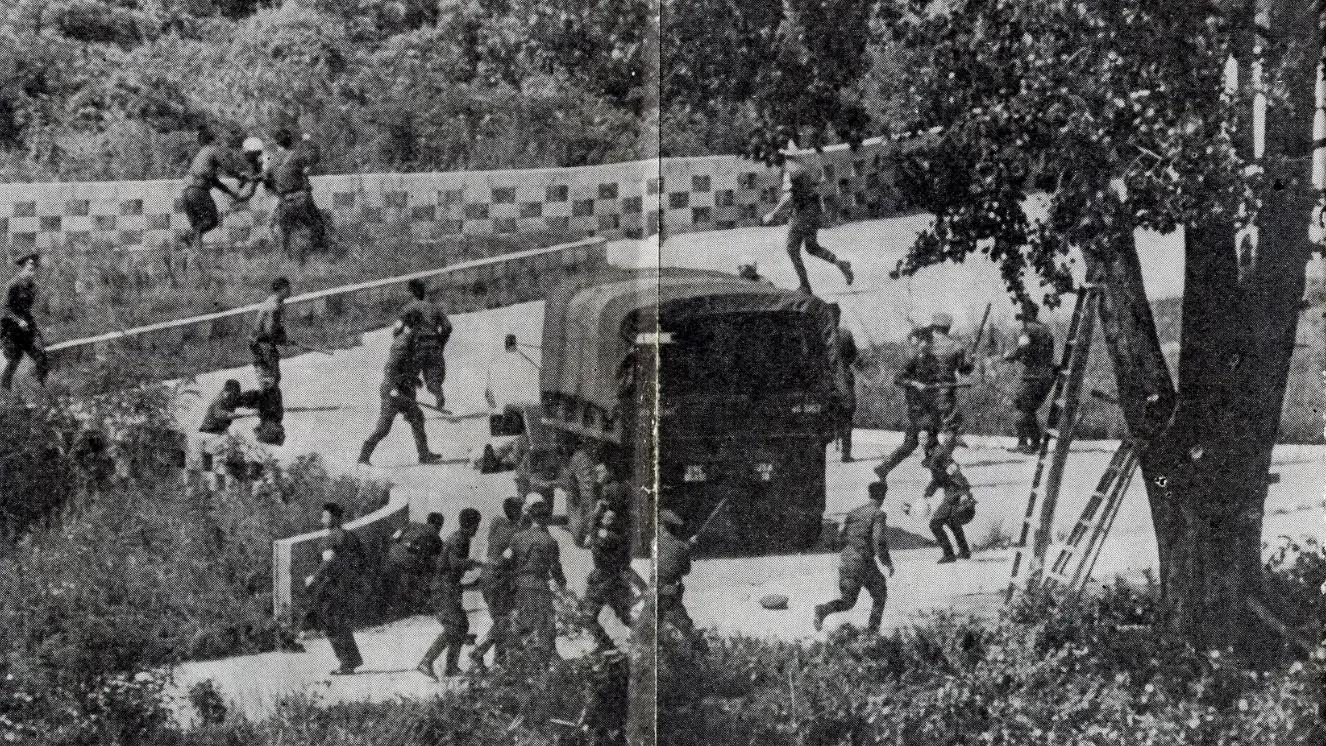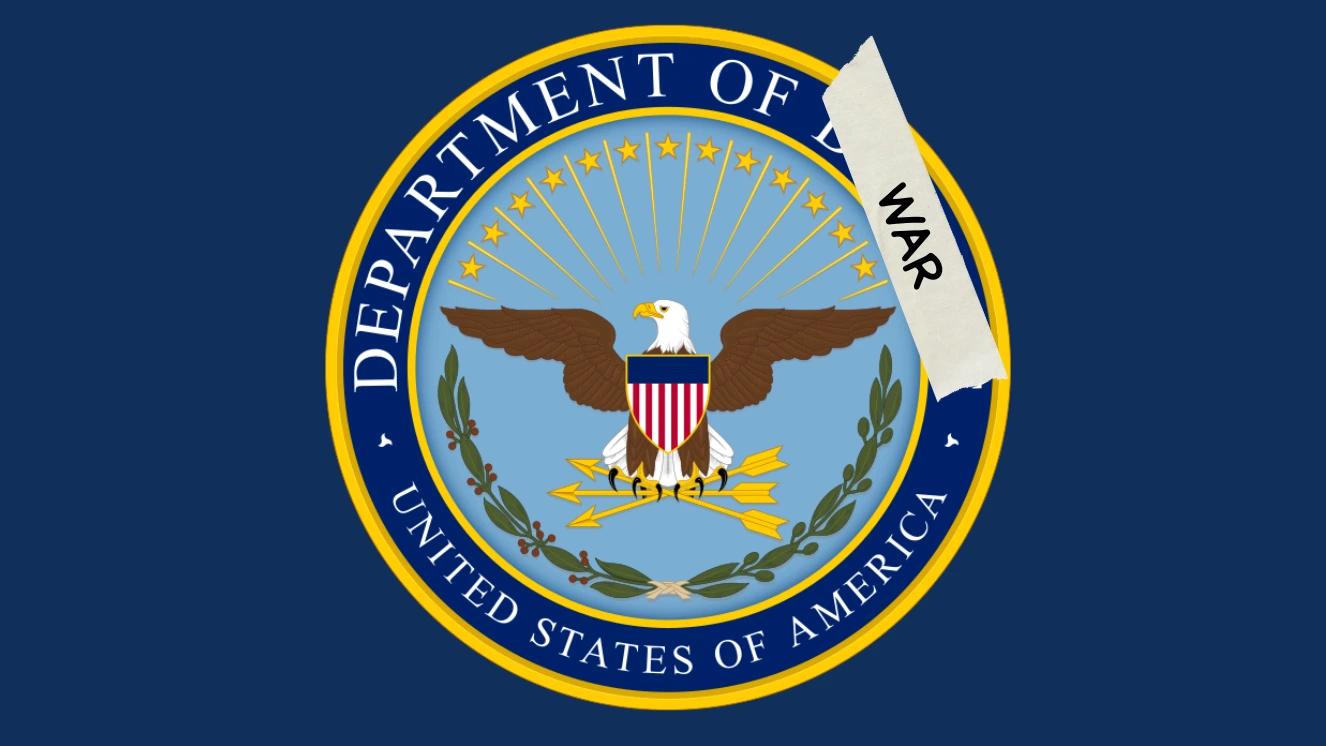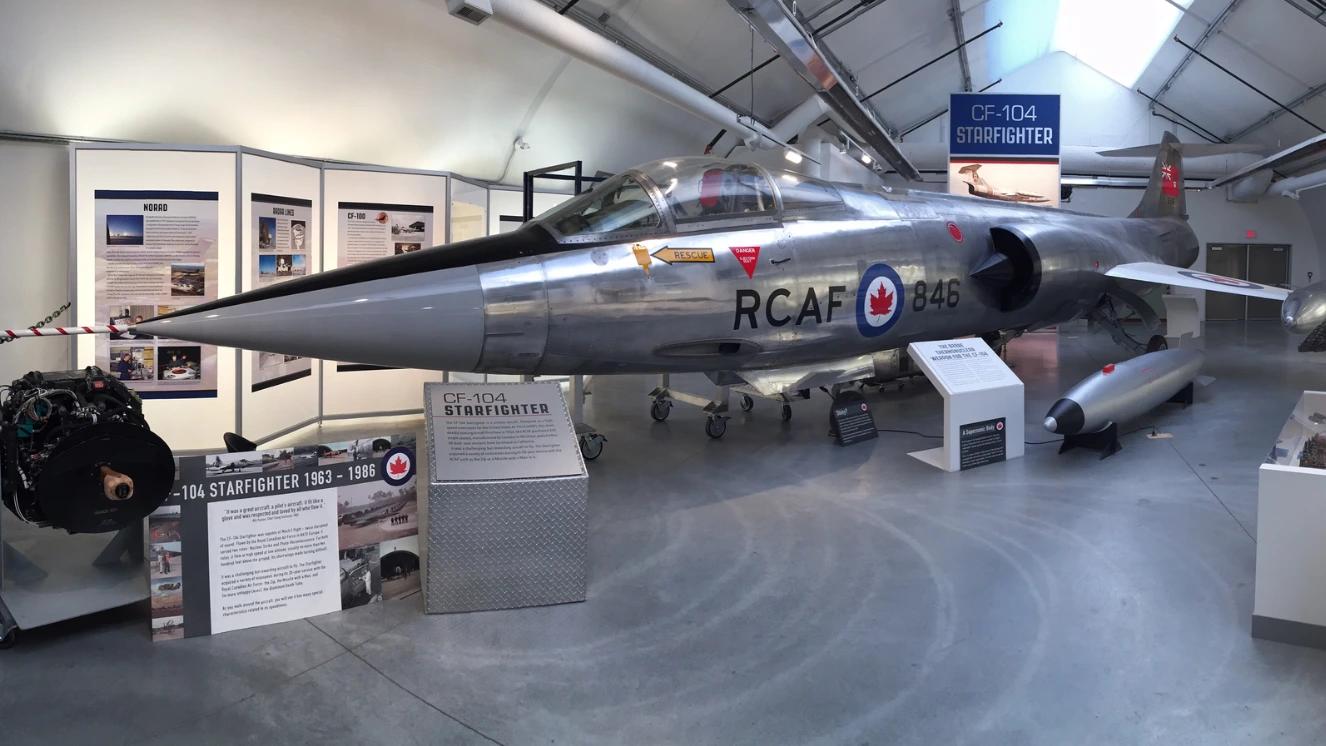9/11, 24 YEARS LATER: MEMORY, SERVICE, AND WHY A NATION STILL REMEMBERS

September 11, 2001, began like any other Tuesday. Clear skies stretched over New York, Washington, D.C., and Pennsylvania. By 8:46 a.m., everything changed. American Airlines Flight 11 struck the North Tower of the World Trade Center. At 9:03 a.m., United Flight 175 tore into the South Tower. Thirty-four minutes later, Flight 77 hit the Pentagon. Then, at 10:03 a.m., the bravery of passengers on United Flight 93 forced their hijacked plane down in a Pennsylvania field—preventing it from reaching its intended target.
The world stood still. Nearly 3,000 lives were lost. Thousands more were injured. And the course of American history was altered in an instant.
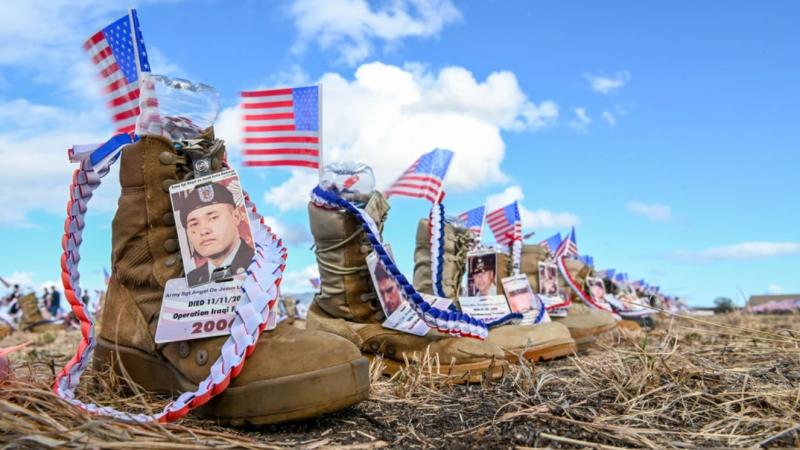
Veterans and the Burden of 9/11 Memory
For Veterans, 9/11 is not just a day of remembrance—it is the day that redefined service. Within hours, many of us knew what it meant: deployments ahead, uncertain missions, and a war that would span two decades. We carried the weight of that morning into combat zones, foreign skies, and distant seas.
Some of us lost brothers and sisters in arms whose names will never be forgotten. Others returned home changed forever. Yet, in the Veterans’ community, the memory of 9/11 is not abstract—it is deeply personal, interwoven with sacrifice, duty, and resilience.
For Those Who Weren’t There
Today, millions of Americans under 25 have no living memory of 9/11. To them, it is history: something read in textbooks, recited in classrooms, or scrolled past online. They don’t remember the smoke on the Manhattan skyline, the stunned silence in classrooms and offices, or the blood drives where lines wrapped around city blocks.
And yet, the responsibility of remembrance belongs to all of us. Veterans carry the story in scars and service; civilians carry it in unity and resilience. Together, we keep the memory alive for those who were too young—or not yet born—to know what the world felt like that day.
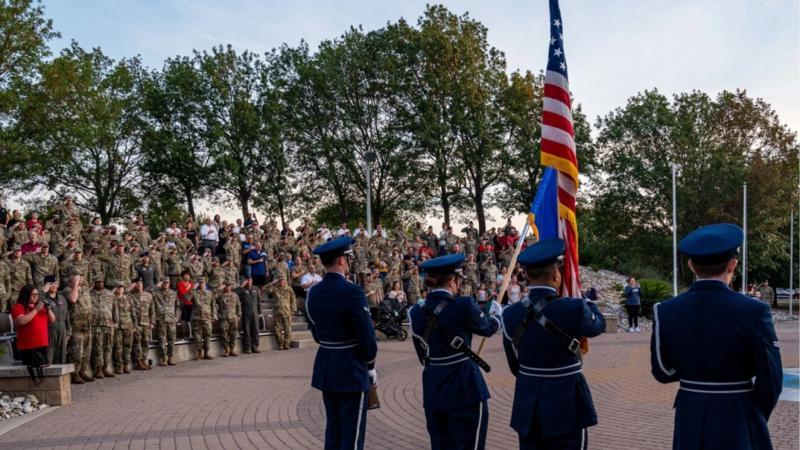
The Legacy of Service and Sacrifice
The 9/11 attacks sparked a movement of service that has never faded. In the days and weeks after, Americans lined up at firehouses, military recruiting stations, and donation centers.
Thousands enlisted, raising their right hand with a new clarity of purpose.
Nearly 7,000 U.S. service members gave their lives in the wars that followed. Over 30,000 veterans of post-9/11 conflicts have died by suicide since. First responders and survivors of that day continue to battle long-term illnesses caused by the dust and debris at Ground Zero. The legacy of 9/11 is not only in the past—it is still shaping lives today.
What It Means to “Never Forget”
“Never Forget” is not just a phrase etched in stone at memorials in New York, Arlington, and Shanksville. It is a call to action to:
- Remember the lives lost that day.
- Honor the service members, Veterans, and first responders who stepped forward.
- Teach the generations who weren’t there why it matters.
Remembrance is not passive. It requires storytelling, teaching, and sharing memories—so the weight of that day does not fade into history alone.
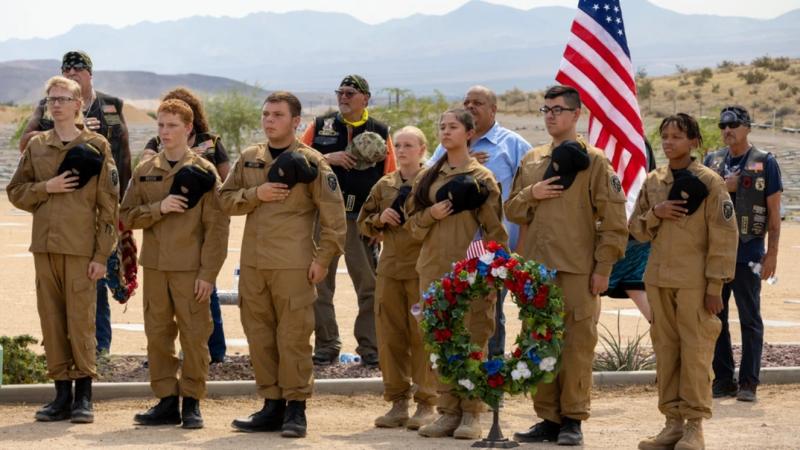
A Bridge Across Generations
Twenty-four years later, the challenge is not only to remember but to connect. Veterans hold stories that textbooks cannot capture—the moments of chaos, the months of war, the bonds of service, the resilience of communities. Sharing those stories with younger generations ensures that 9/11 is not reduced to a date but remains a living lesson.
For those who lived it, memory is heavy. For those who didn’t, remembrance must be taught. The bridge is built when we tell the story together.
A Veteran’s Vigil in Words
For Veterans, first responders, and all who served in the days that followed, 9/11 is not a memory—it is a pulse. Every year, every moment, they carry both the weight of loss and the gift of unity.
Robert Reeg, a former firefighter, puts it plainly: “Twice a day it’s 9/11.” For many like him, the world moved on—but their hearts never did.
Another service member, stationed far from Ground Zero, writes that the sense of unity after the attacks—flags in every neighborhood, spontaneous renditions of “God Bless America”—felt like rekindling the Founding spirit. Yet, he mourns how rare it is now to feel that same bond again.
In Jacksonville, Police Chief Doug Thompson shared how the memory shapes his calling: “We carry the memories of those that lost their lives that day,” he said. Within that simple line is reverence, duty, and an unbroken chain of remembrance from that morning to this moment.
Why We Hold the Flame
These aren’t historical quotations—they are living echoes. For Veterans, the grounding of planes that day didn’t just alter flight paths—they rerouted destinies. Many of you were deployed within days; some lost colleagues, others lost pieces of themselves they would never fully recover.
To those who weren’t there: let these words be a mirror. “Twice a day it’s 9/11.” The echo of a siren, the flutter of a flag, the weight of a memory carried in silence. These are not relics but an active vigil.
To remember is an act of fidelity to life and freedom—because both hang in a delicate balance. When we honor those who ran toward danger, when we share the stories of communities united in grief and compassion, we are renewing our promise to serve, protect, and never yield to fear.
This September 11, 24 years later, we remember together—because forgetting is never an option.
FAQs About 9/11 Remembrance
How many years has it been since 9/11?
As of 2025, it has been 24 years since the September 11, 2001 terrorist attacks. The 24th anniversary is being marked with ceremonies, memorials, and moments of silence across the United States.
Why do we say “Never Forget” 9/11?
“Never Forget” is both a tribute and a promise. It honors the nearly 3,000 lives lost, the first responders who sacrificed, and the service members who answered the call.
It also ensures that new generations understand the impact of that day on America and the world.
How do Americans remember 9/11 today?
Remembrance takes many forms: national memorial ceremonies, local community events, volunteer service projects, flag displays, and educational programs for students who were not yet born on September 11, 2001.
Why is 9/11 important for younger generations?
Millions of Americans under 25 have no living memory of 9/11. Teaching its history helps them understand resilience, unity, and the sacrifices made by veterans, first responders, and citizens in the wake of the attacks.
How many U.S. service members served after 9/11?
Since 2001, millions have served in the Global War on Terror. Nearly 7,000 U.S. service members were killed in action, and tens of thousands more were wounded. Over 30,000 post-9/11 veterans have died by suicide, a reminder of the lasting cost of service.
Suggested reads:
BY NATALIE OLIVERIO
Natalie Oliverio is a powerful voice in modern storytelling—a purposeful writer whose work blends clarity, conviction, and lived experience to spark meaningful dialogue and impact. A Navy Veteran and entrepreneur, she brings depth and authority to every piece she pens, shaped by real-world leadershi...
